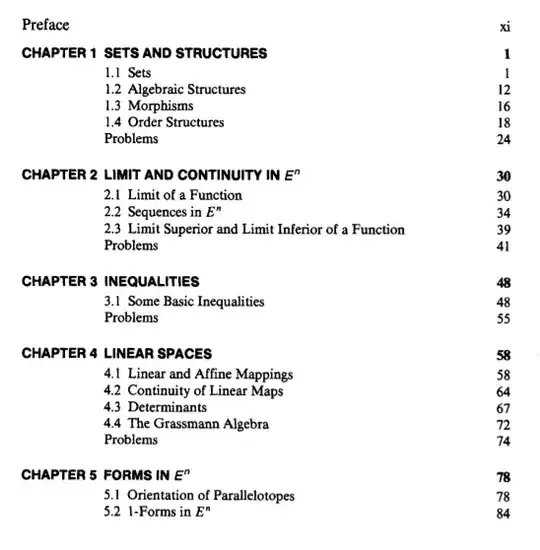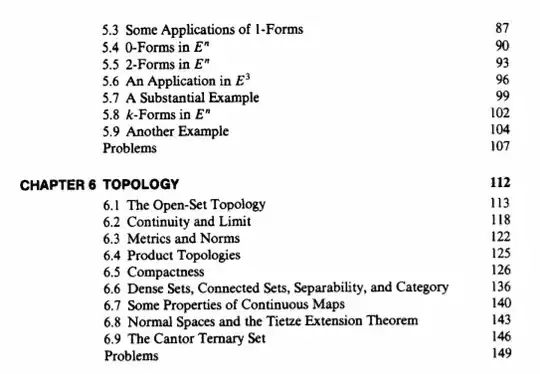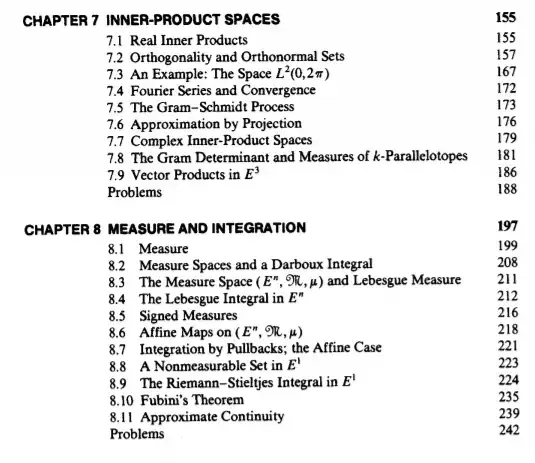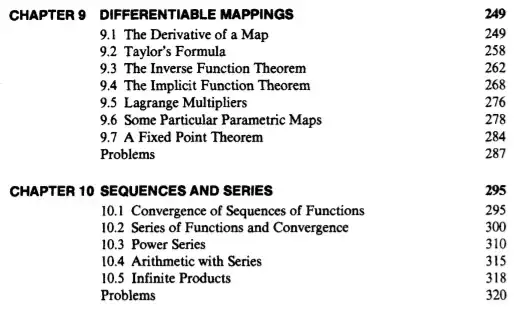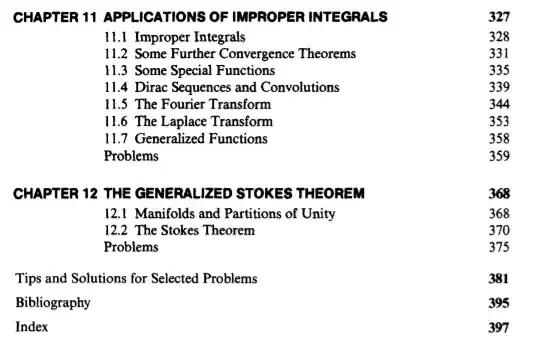If, as you say, you are looking for a book that is ostensibly about calculus but makes direct reference to topics more often considered in an analysis course I would recommend you take a look at:
The Calculus Integral by Brian S. Thomson (2010).
From the preface of the book, one finds:
Our purpose is to present integration theory at an honours calculus level and in an easier manner by defining the definite integral in a very traditional way, but a way that avoids the equally traditional Riemann sums definition.
Riemann sums enter the picture, to be sure, but the integral is defined in the way that Newton himself would surely endorse. Thus the fundamental theorem of the calculus starts off as the definition and the relation with Riemann sums becomes a theorem (not the definition of the definite integral as has, most unfortunately, been the case for many years). As usual in mathematical presentations we all end up in the same place. It is just that we have taken a different route to get there. It is only a pedagogical issue of which route offers the clearest perspective. The common route of starting with the definition of the Riemann integral, providing the then necessary detour into improper integrals, and ultimately heading towards the Lebesgue integral is arguably not the best path although it has at least the merit of historical fidelity.
Towards the end of the text the Lebesgue integral is introduced, and even the Henstock-Kurweil integral makes a small appearance.
The book can be downloaded for free from the author's website here. Alternatively, a traditional paper bound copy can be had for a very reasonable price.
